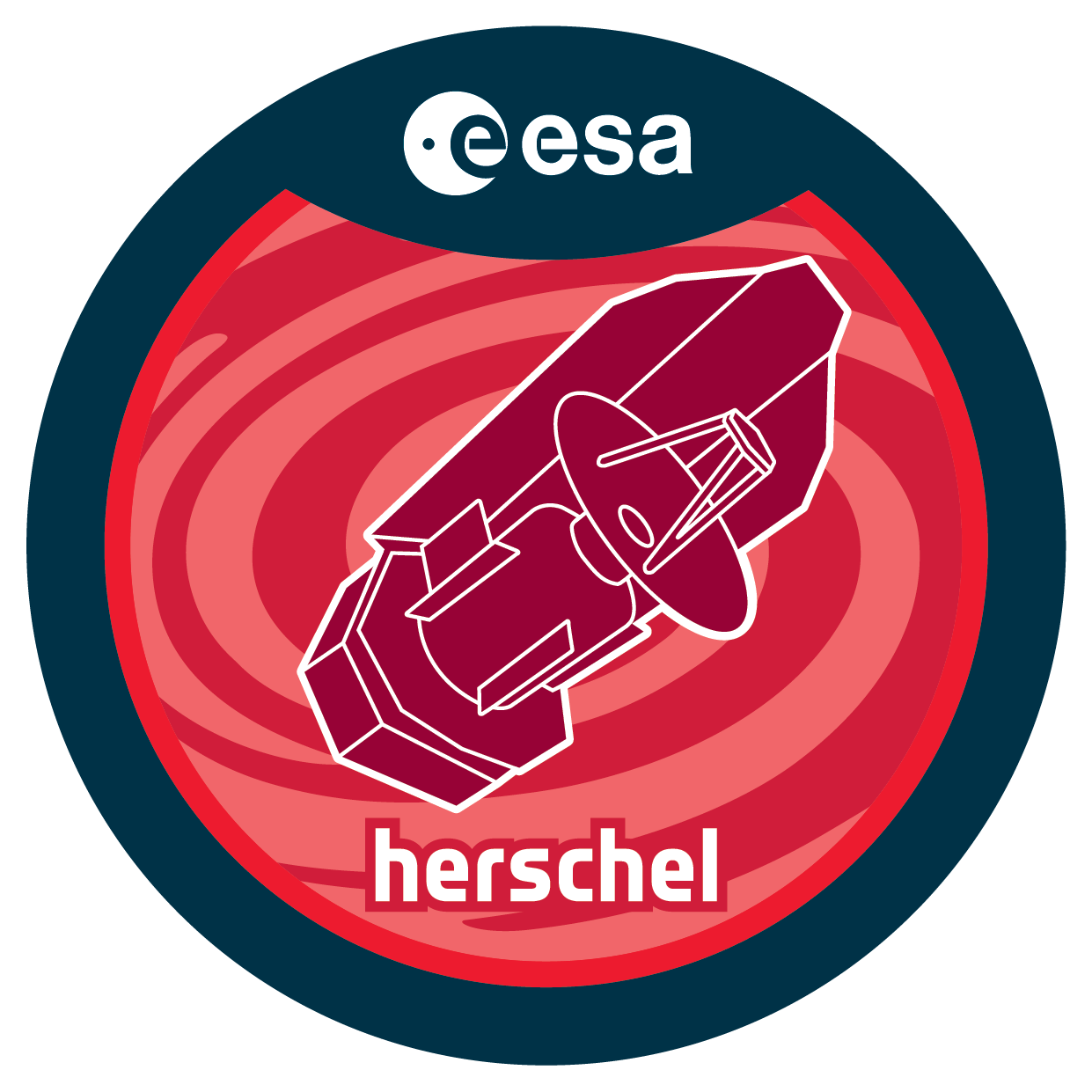

| Name | OT1_cjoblin_1 |
| Title | Physics of gas evaporation at PDR edges |
| URL | http://archives.esac.esa.int/hsa/whsa-tap-server/data?retrieval_type=OBSERVATION&observation_id=1342213713&instrument_name=HIFI&product_level=LEVEL0&compress=true |
| DOI | https://doi.org/10.5270/esa-519ej9v |
| Author | joblin, c. |
| Description | Far-ultraviolet (FUV) photons in massive OB star-formingregions have a major impact on the structure, dynamics,chemistry and thermal balance of their associated molecularcloud. We propose to study the photoevaporation underFUV irradiation of dense filaments in prototypephotodissociation regions (PDR) by mapping with the HIFIspectrometer the CII 158 micron line associated with theevaporating gas and high-J CO lines tracing the warm densestructures. The combination of the spectral range coveredby Herschel and the very high spectral resolution of HIFI isunique to get insight into the process of mixing of coldmolecular gas into warm atomic gas. This process governsthe evolution of dense gas submitted to FUV photonsin a wide variety of astronomical objects includingprotostellar and protoplanetary disks but is best studiedin PDRs.We ask for 9.8 hours of observations in two PDRs, NGC7023and the Horsehead nebula. NGC7023 is illuminated by aB2Ve star and hosts very diluted atomic gas and densefilaments. The Horsehead nebula is a PDR viewed nearlyedge-on with a high gas density gradient at the edgethat is illuminated by a O9.5V star and is immersed inan HII region.In these objects, there is evidence for dynamical processesthat create a mixing layer between molecular and atomicgas, both from gas kinematics (first results with HIFI on theCII line) and chemistry. The first HIFI CII results clearlycall for a larger spatial coverage of the region using OTFmapping mode with HIFI to obtain a more complete pictureof the PDR morphology and dynamics. The 12^CO(8-7) and 13^CO(8-7) lines will be also targeted to tracethe warm interfaces of the dense filaments/edges.The team gathers together specialists of the studied regionsand of the Herschel instruments: HIFI (this proposal), SPIREand PACS (complementary data). The team has strongexpertise in the study of the physics and chemistry of PDRs,both in terms of data analysis and modelling using anddeveloping the Meudon PDR code. |
| Publication | |
| Instrument | HIFI_HifiMapping_load-raster, HIFI_HifiMapping_fly |
| Temporal Coverage | 2011-02-03T22:17:13Z/2012-04-14T09:41:29Z |
| Version | SPG v14.1.0 |
| Mission Description | Herschel was launched on 14 May 2009! It is the fourth cornerstone mission in the ESA science programme. With a 3.5 m Cassegrain telescope it is the largest space telescope ever launched. It is performing photometry and spectroscopy in approximately the 55-671 µm range, bridging the gap between earlier infrared space missions and groundbased facilities. |
| Creator Contact | https://support.cosmos.esa.int/h®erschel/ |
| Date Published | 2012-10-14T08:09:13Z |
| Last Update | 2025-01-24 |
| Keywords | Herschel, HSC, submillimetre, far-infrared, HIFI, PACS, SPIRE |
| Publisher And Registrant | European Space Agency |
| Credit Guidelines | European Space Agency, joblin et al., 2012, 'Physics of gas evaporation at PDR edges', SPG v14.1.0, European Space Agency, https://doi.org/10.5270/esa-519ej9v |